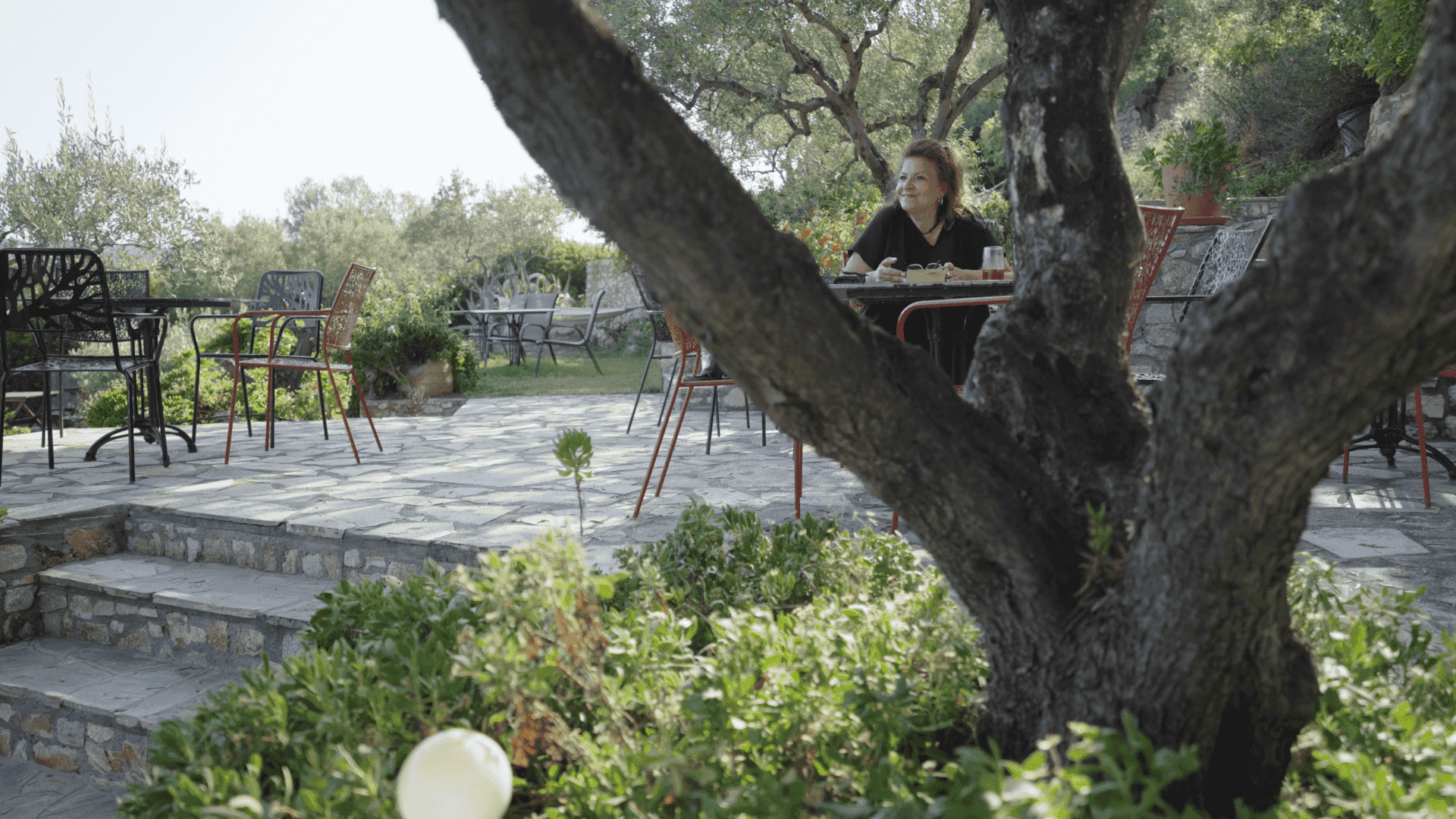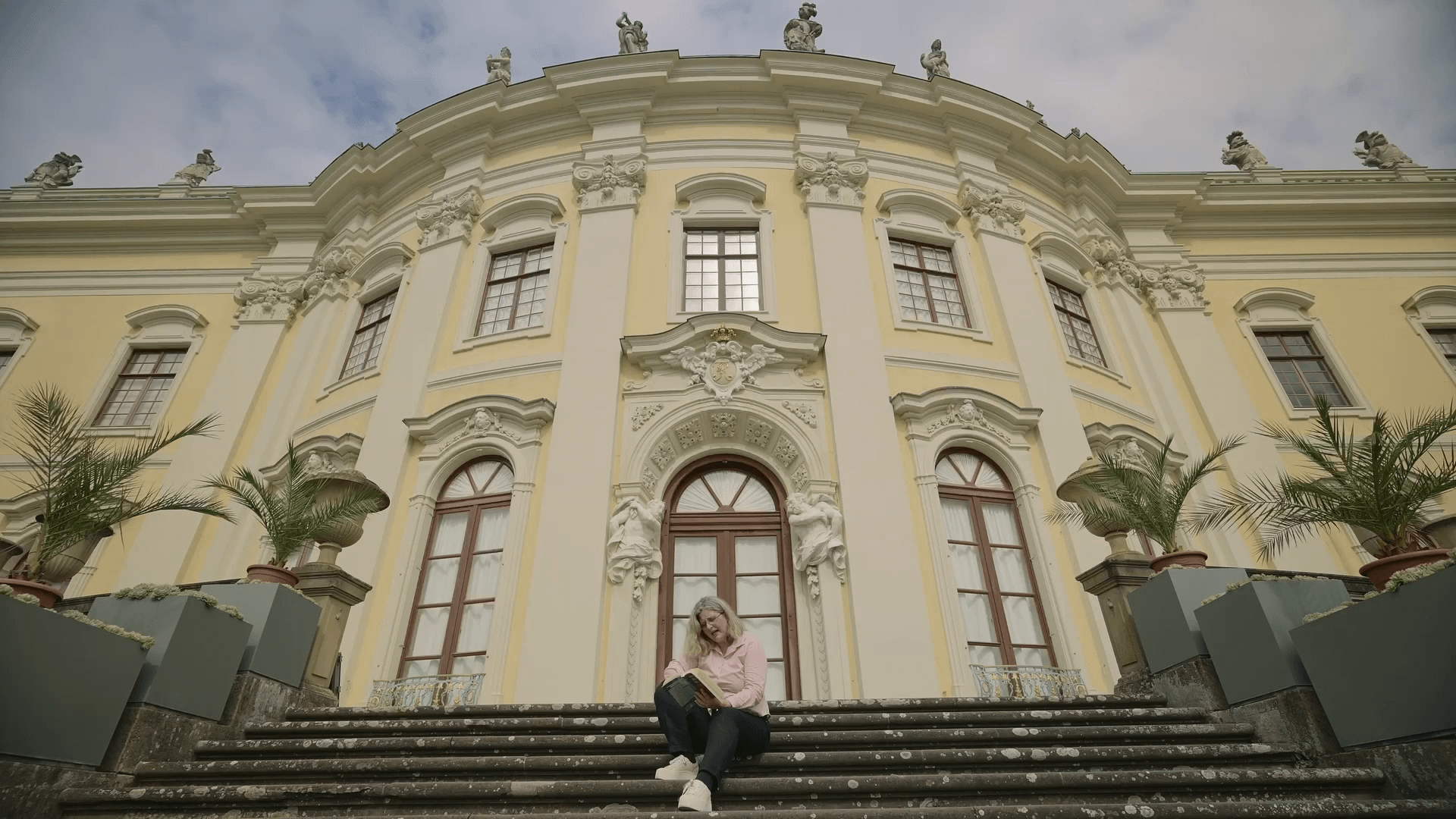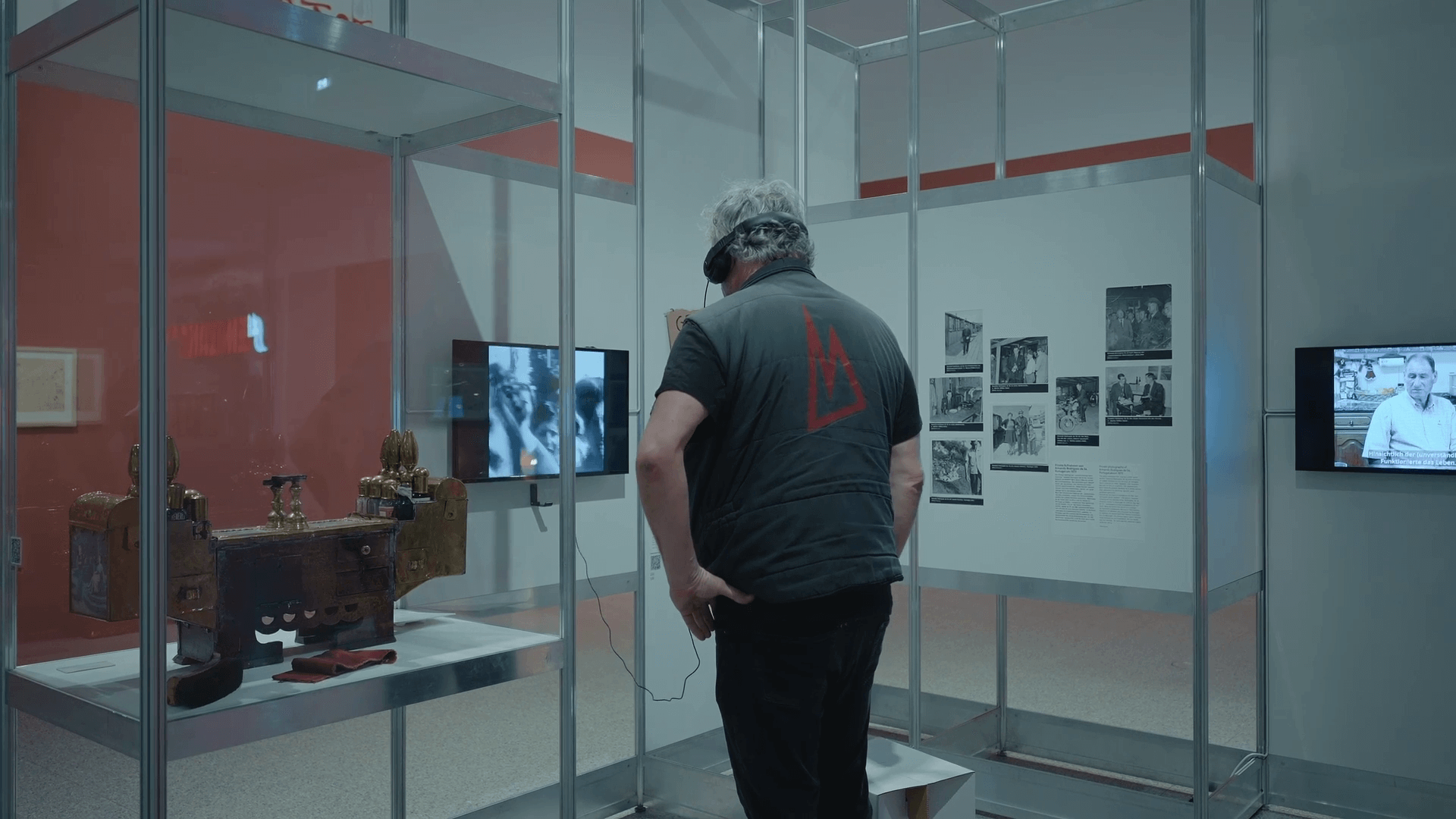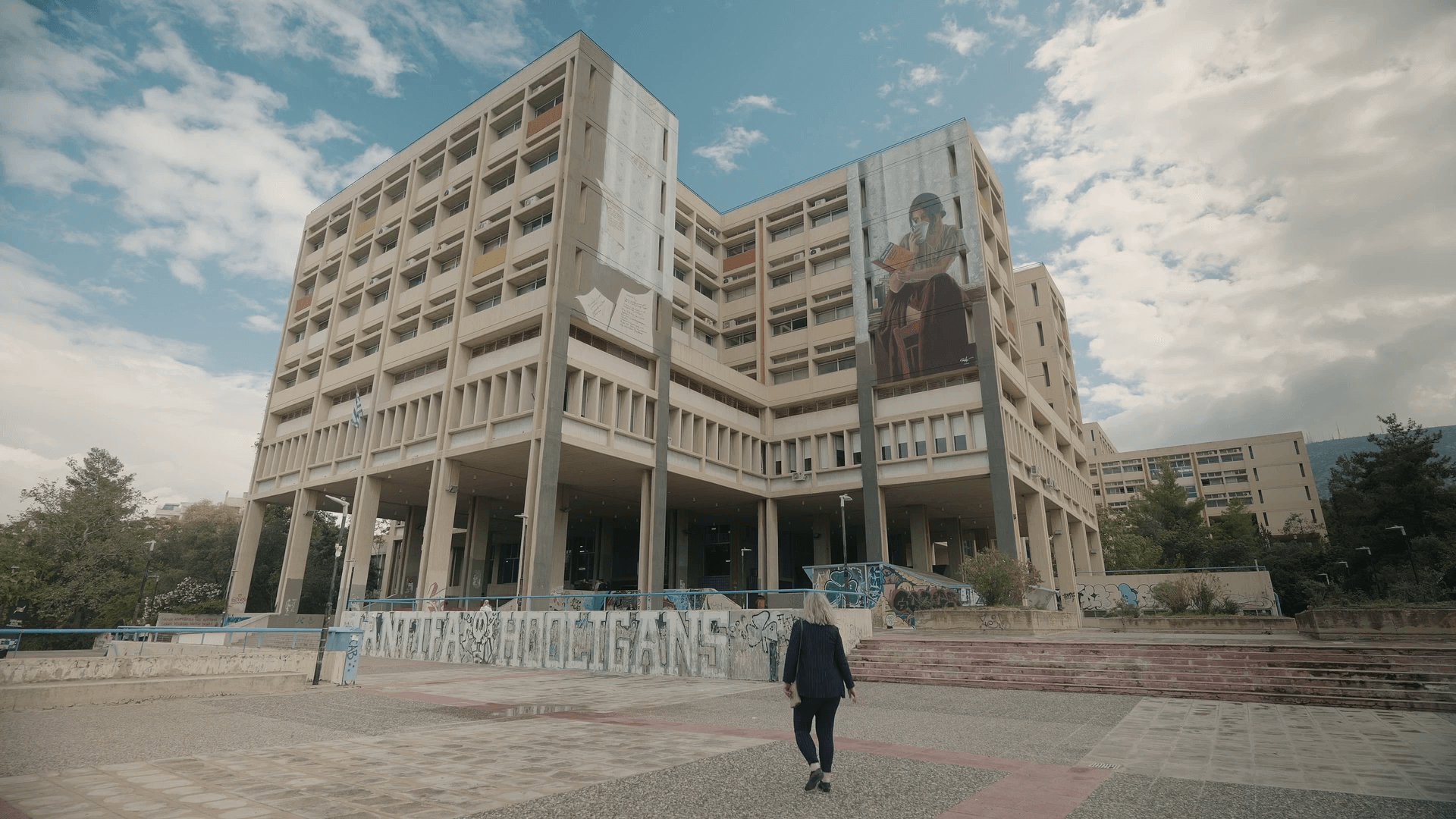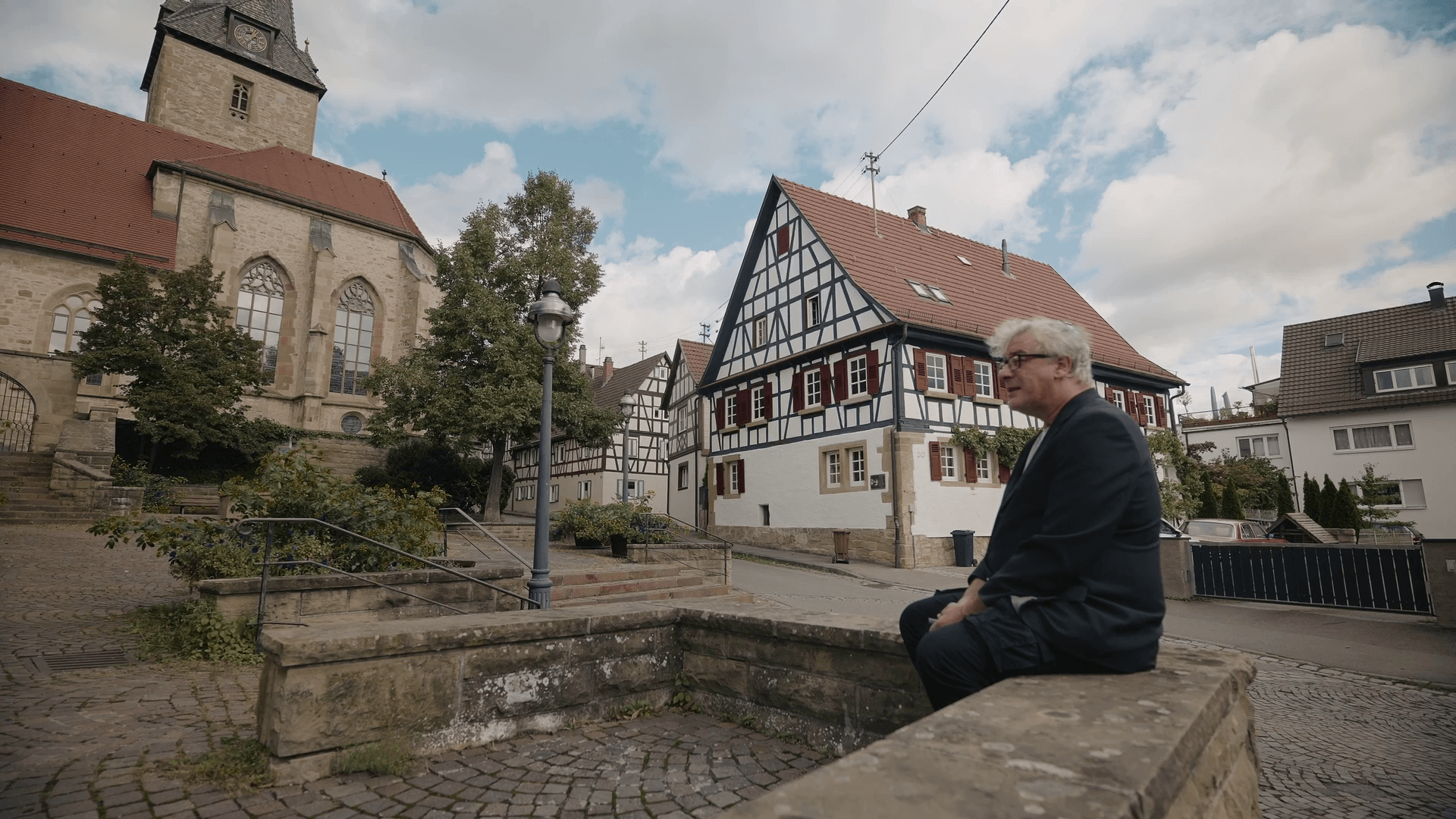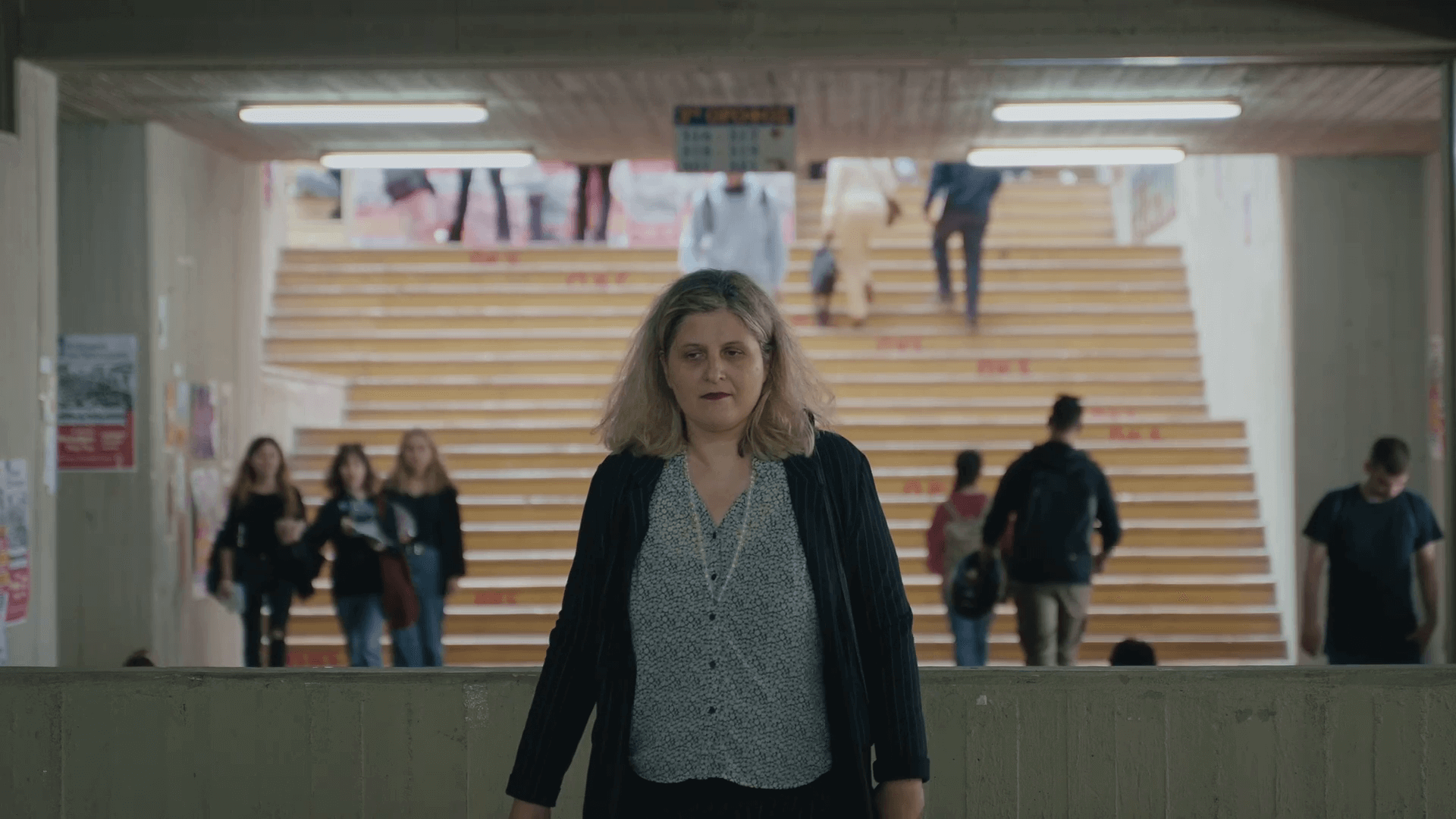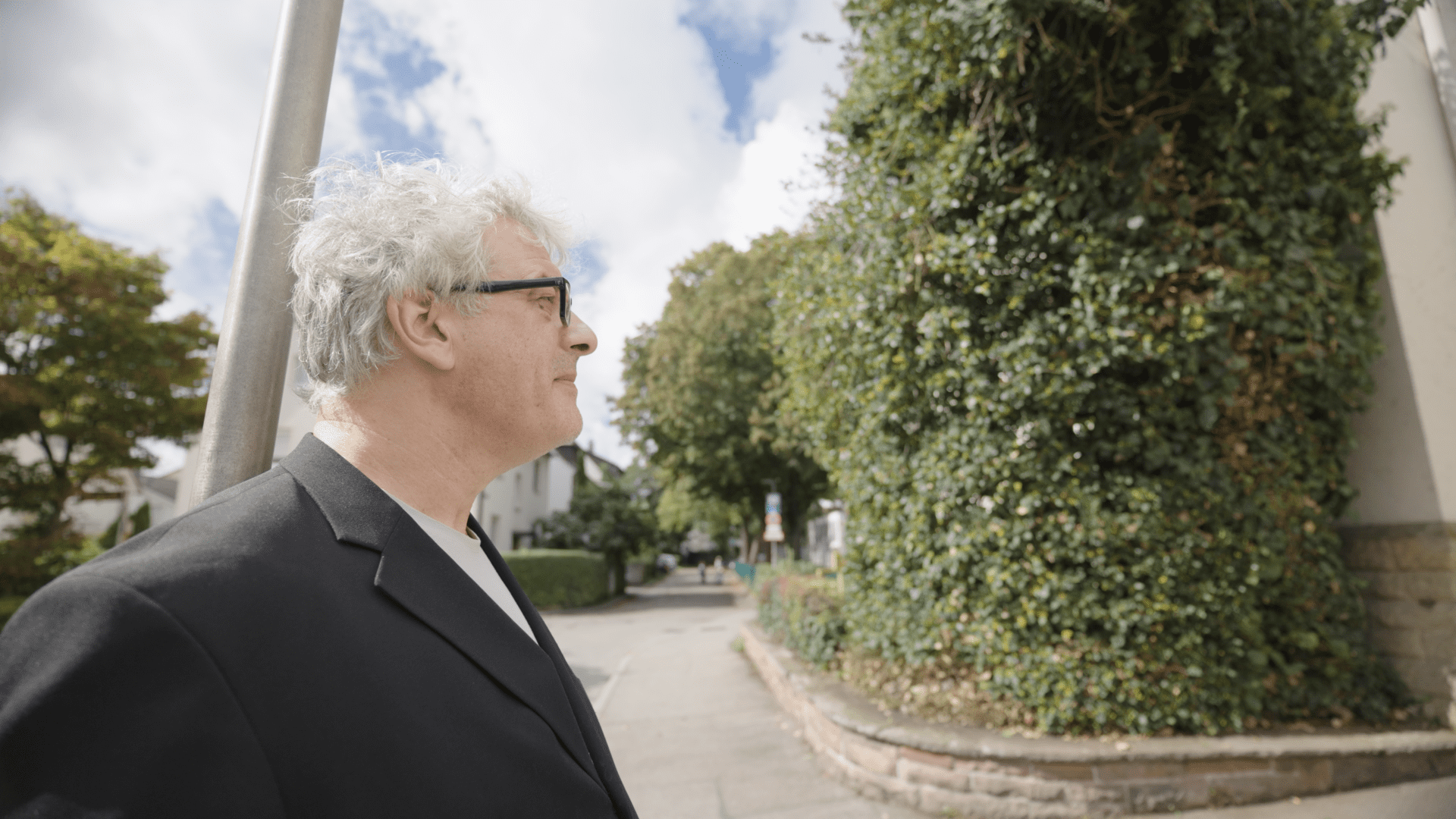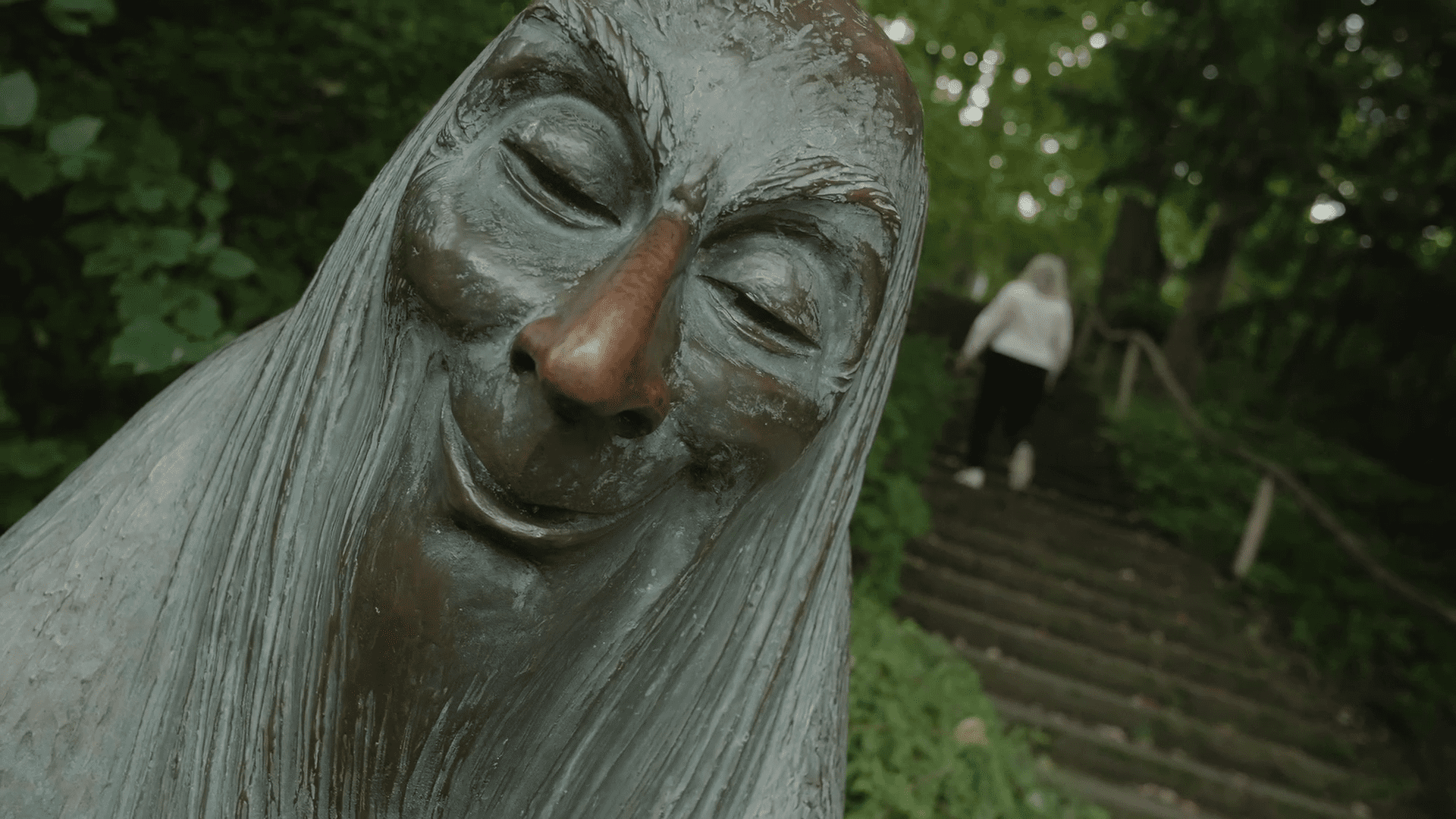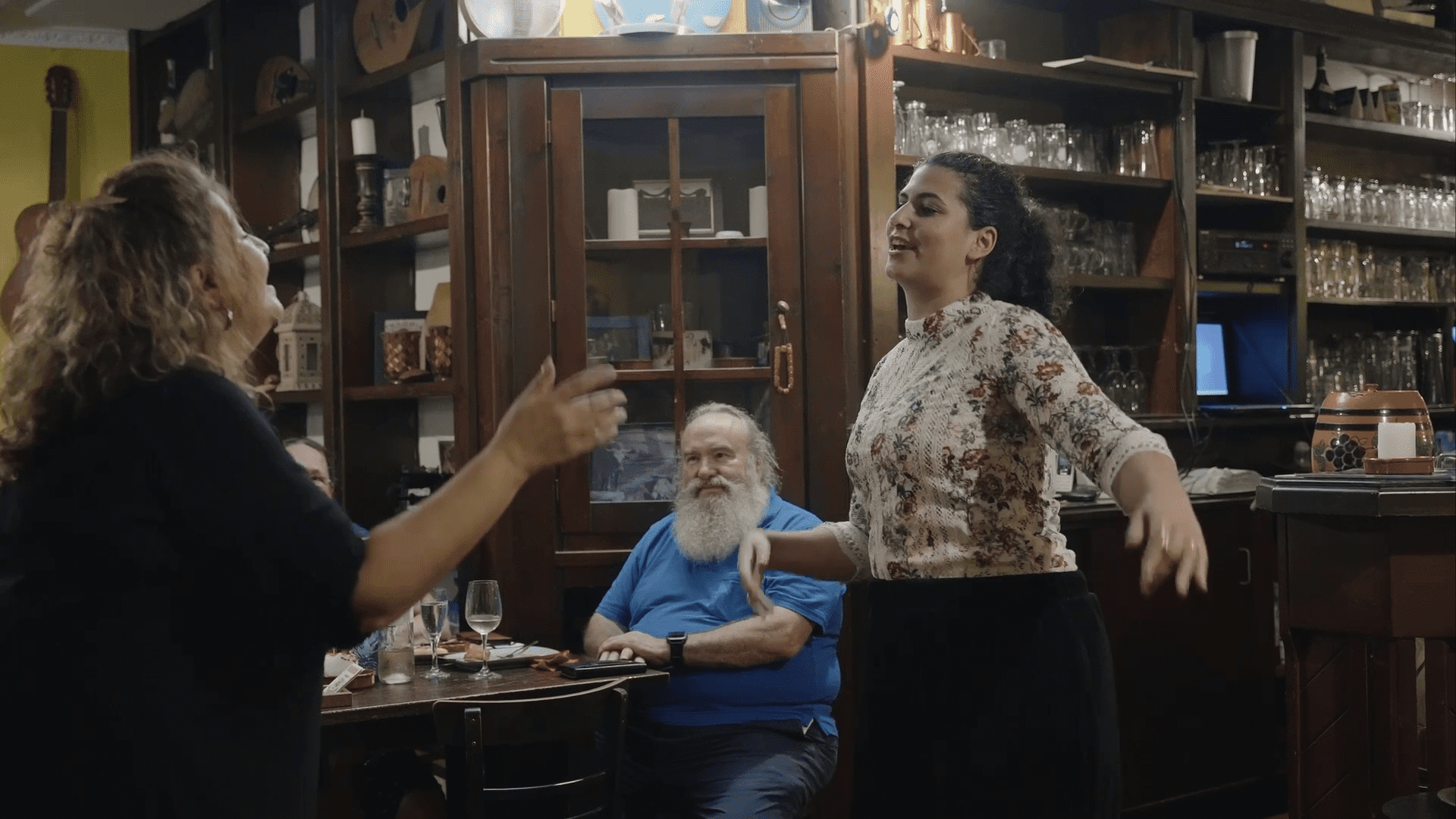

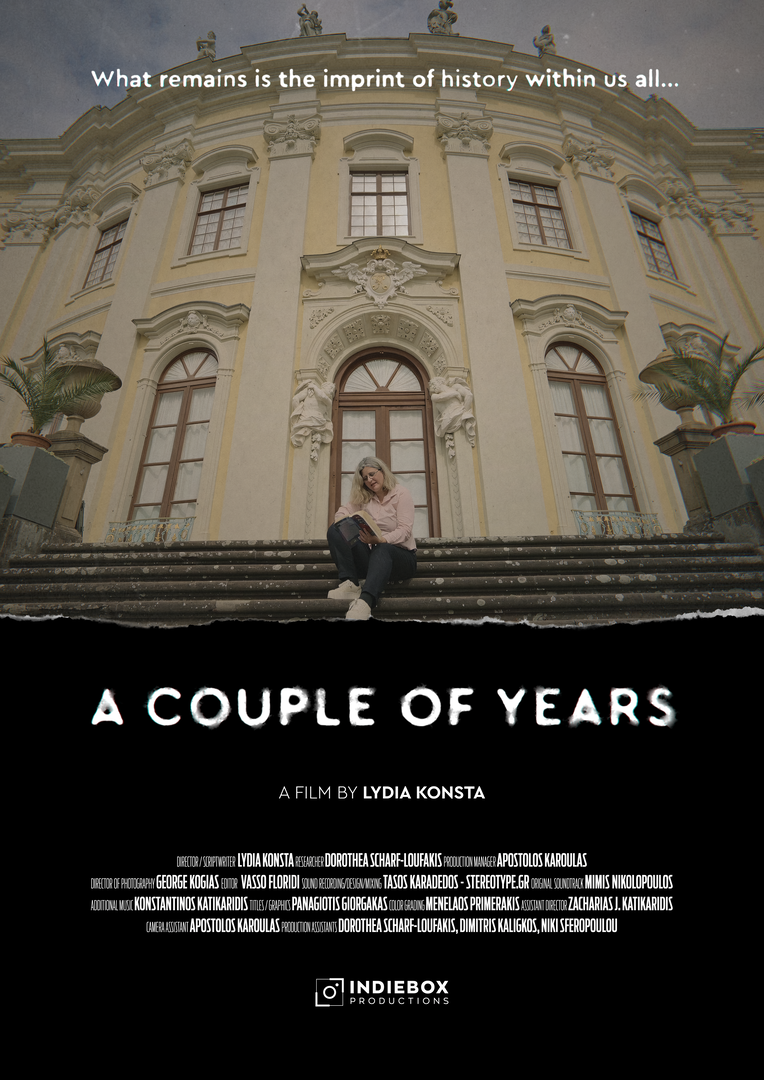
In 1960, a treaty was signed between Greece and Germany that led almost 600.000 Greeks to immigrate and live as workers in the factories and mines of Germany.
Descendants of this migration stream, Teo, Aglaia and Vasso, allow us a glimpse of their daily lives and reveal the effects of that massive population movement on the present and the future: the "meeting" of two cultures and the interaction in today's socio-political developments.
Through them we can recognize the undercurrent that drives their lives and connects them, while at the same time we are meeting the third generation of immigrants, who are neither "foreigners", nor Germans or Greeks, but in a way citizens of the world, freed from the often limited traditional concept of Homeland.
It was the time of the ‘economic miracle’ in West Germany. After the great destructions of the WorldWar2, the German economy started florishing unprecedentedly from the 50s, whereof emerged a huge need for workers, which led to employment agreements with many countries in Europe.
The foreign workers who came as a response to these ‘invitations’ were called ‘Gastarbeiter’, which means ‘guest workers’, showing the temporary aspect of the concept. Germany, as well as also the people who came, assumed that it would be a stay of a short term duration.
The Greek civil war covered up the crimes of the Occupation, and the post-war poverty led to the uprooting of so many young people who often left their children behind. Their dream was to return in a couple of years with enough money to make a new start.
But the years passed quickly and the guest workers brought their families to Germany. Most of them returned to Greece after retirement, leaving behind their children and their children’s children in the place where they grew up and put down roots, in Germany.
The children of the Gastarbeiter, who grew up in Germany were taught by teachers, who protested during the students movement of 68 against the old authority, against hypocrisy, against hidden Nazis in the government and against the Vietnam War, influenced by the Peace and Hippie movement and going through the second wave of feminism, they were experimenting with alternative models of education and living together as ‘laisser faire’ and communes.


